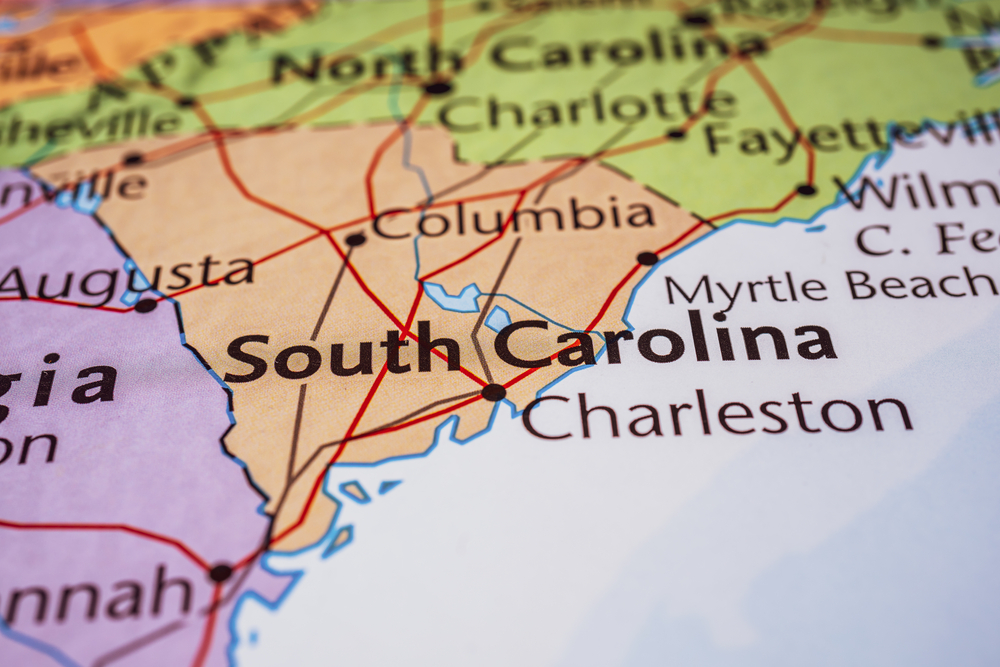South Carolina
Alexander v. South Carolina State Conference of the NAACP (Congressional Map Challenge)
South Carolina unlawfully assigned voters to congressional districts based on their race and intentionally discriminated against Black voters in violation of the Equal Protection Clause.
Status: Ongoing
View Case
Visit ACLU of South Carolina
Stay informed about our latest work in the courts.
By completing this form, I agree to receive occasional emails per the terms of the ACLU's privacy statement.
All Cases
11 South Carolina Cases
South Carolina
Nov 2023
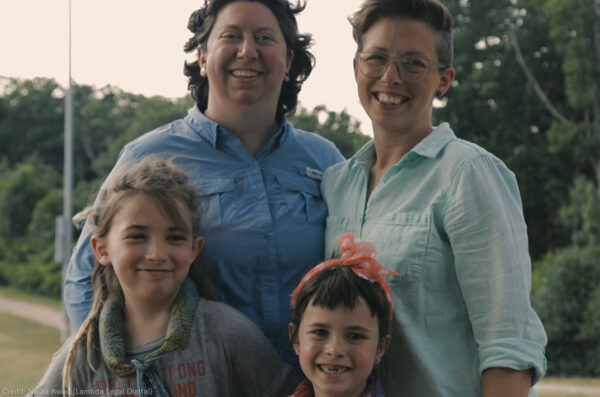
Rogers v. Health and Human Services
Eden Rogers and Brandy Welch were turned away by a government-funded foster care agency for failing to meet the agency’s religious criteria which exclude prospective foster parents who are not evangelical Protestant Christian or who are same-sex couples of any faith.
Status: Closed
View case

South Carolina
LGBTQ Rights
Rogers v. Health and Human Services
Eden Rogers and Brandy Welch were turned away by a government-funded foster care agency for failing to meet the agency’s religious criteria which exclude prospective foster parents who are not evangelical Protestant Christian or who are same-sex couples of any faith.
Nov 2023
Status: Closed
View case
South Carolina
Mar 2023
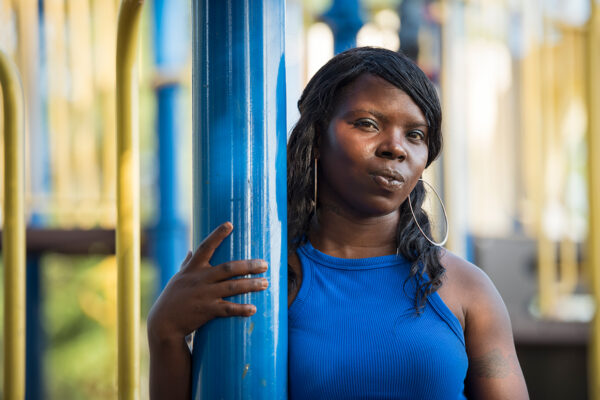
Brown v. Lexington County, et al
This case is part of a nationwide fight against criminalization of poverty and, specifically, debtors’ prisons. On June 1, 2017, the ACLU’s Racial Justice Program, the ACLU of South Carolina, and Terrell Marshall Law Group PLLC filed a federal lawsuit challenging the illegal arrest and incarceration of indigent people in Lexington County, South Carolina, for failure to pay fines and fees, without determining willfulness or providing assistance to counsel. Those targeted by this long-standing practice could avoid jail only if they paid the entire amount of outstanding court fines and fees up front and in full. Indigent people who were unable to pay were incarcerated for weeks to months without ever seeing a judge, having a court hearing, or receiving help from a lawyer. The result was one of the most draconian debtors’ prisons uncovered by the ACLU since 2010.
Status: Closed (Settled)
View case

South Carolina
Smart Justice
Racial Justice
Brown v. Lexington County, et al
This case is part of a nationwide fight against criminalization of poverty and, specifically, debtors’ prisons. On June 1, 2017, the ACLU’s Racial Justice Program, the ACLU of South Carolina, and Terrell Marshall Law Group PLLC filed a federal lawsuit challenging the illegal arrest and incarceration of indigent people in Lexington County, South Carolina, for failure to pay fines and fees, without determining willfulness or providing assistance to counsel. Those targeted by this long-standing practice could avoid jail only if they paid the entire amount of outstanding court fines and fees up front and in full. Indigent people who were unable to pay were incarcerated for weeks to months without ever seeing a judge, having a court hearing, or receiving help from a lawyer. The result was one of the most draconian debtors’ prisons uncovered by the ACLU since 2010.
Mar 2023
Status: Closed (Settled)
View case
South Carolina
Feb 2023
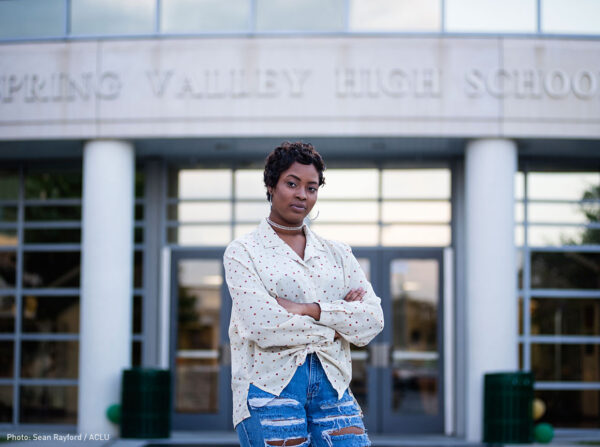
CYAP v. Wilson
The American Civil Liberties Union filed a federal lawsuit challenging South Carolina’s “disturbing schools” and “disorderly conduct” laws. The laws allowed students in school to be criminally charged for normal adolescent behaviors including loitering, cursing, or undefined “obnoxious” actions on school grounds and encouraged discriminatory enforcement against Black students and students with disabilities. The Fourth Circuit Court of Appeals affirmed the district court ruling that enforcing these laws against students was unconstitutional, affirming that subjecting students to criminal penalties under such vague rules interferes with their education and their future, and produces stark racial disparities. This decision should be instructive to the many school districts across the country where students continue to be charged with ‘disorderly conduct’ and similar vague crimes.
Status: Closed (Judgment)
View case

South Carolina
Juvenile Justice
+2 Issues
CYAP v. Wilson
The American Civil Liberties Union filed a federal lawsuit challenging South Carolina’s “disturbing schools” and “disorderly conduct” laws. The laws allowed students in school to be criminally charged for normal adolescent behaviors including loitering, cursing, or undefined “obnoxious” actions on school grounds and encouraged discriminatory enforcement against Black students and students with disabilities. The Fourth Circuit Court of Appeals affirmed the district court ruling that enforcing these laws against students was unconstitutional, affirming that subjecting students to criminal penalties under such vague rules interferes with their education and their future, and produces stark racial disparities. This decision should be instructive to the many school districts across the country where students continue to be charged with ‘disorderly conduct’ and similar vague crimes.
Feb 2023
Status: Closed (Judgment)
View case
South Carolina
May 2022
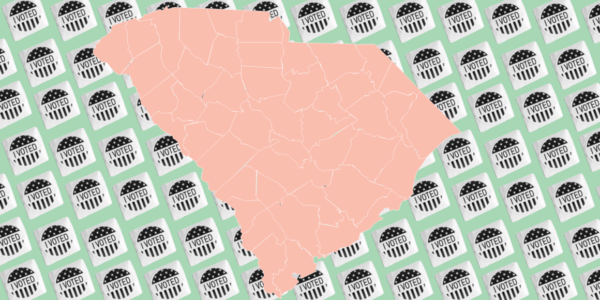
South Carolina State Conference of the NAACP v. Alexander (State House Map Challenge)
This case — part of a broader challenge to South Carolina’s redistricting after the 2020 Census — involved a racial gerrymandering claim against the State’s House district lines. Plaintiffs the South Carolina State Conference of the NAACP and an individual voter challenged the drawing of 29 specific districts as unconstitutional racial gerrymanders. In May 2022, the parties settled their dispute over State House maps, which resulted in redrawn districts in Dillon, Horry, Kershaw, Orangeburg, and Richland counties.
Status: Closed (Settled)
View case

South Carolina
Voting Rights
South Carolina State Conference of the NAACP v. Alexander (State House Map Challenge)
This case — part of a broader challenge to South Carolina’s redistricting after the 2020 Census — involved a racial gerrymandering claim against the State’s House district lines. Plaintiffs the South Carolina State Conference of the NAACP and an individual voter challenged the drawing of 29 specific districts as unconstitutional racial gerrymanders. In May 2022, the parties settled their dispute over State House maps, which resulted in redrawn districts in Dillon, Horry, Kershaw, Orangeburg, and Richland counties.
May 2022
Status: Closed (Settled)
View case
South Carolina
Sep 2020
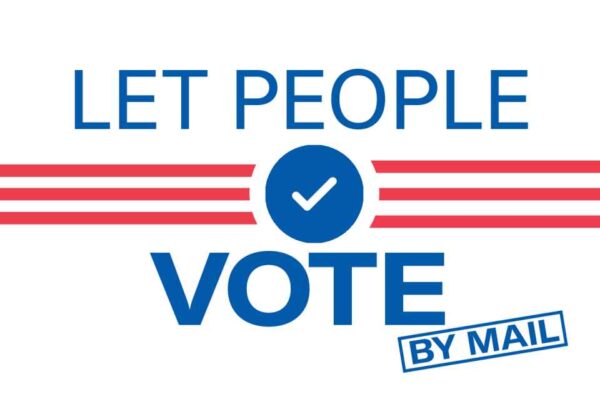
Thomas v. Andino
The American Civil Liberties Union, ACLU of South Carolina, and NAACP Legal Defense and Educational Fund filed a federal lawsuit on April 22, 2020, over South Carolina’s failure to take action to ensure all eligible voters can vote by mail during the COVID-19 pandemic — even for its fast-approaching June 9 statewide primary elections.
Status: Closed (Judgment)
View case

South Carolina
Voting Rights
Thomas v. Andino
The American Civil Liberties Union, ACLU of South Carolina, and NAACP Legal Defense and Educational Fund filed a federal lawsuit on April 22, 2020, over South Carolina’s failure to take action to ensure all eligible voters can vote by mail during the COVID-19 pandemic — even for its fast-approaching June 9 statewide primary elections.
Sep 2020
Status: Closed (Judgment)
View case
